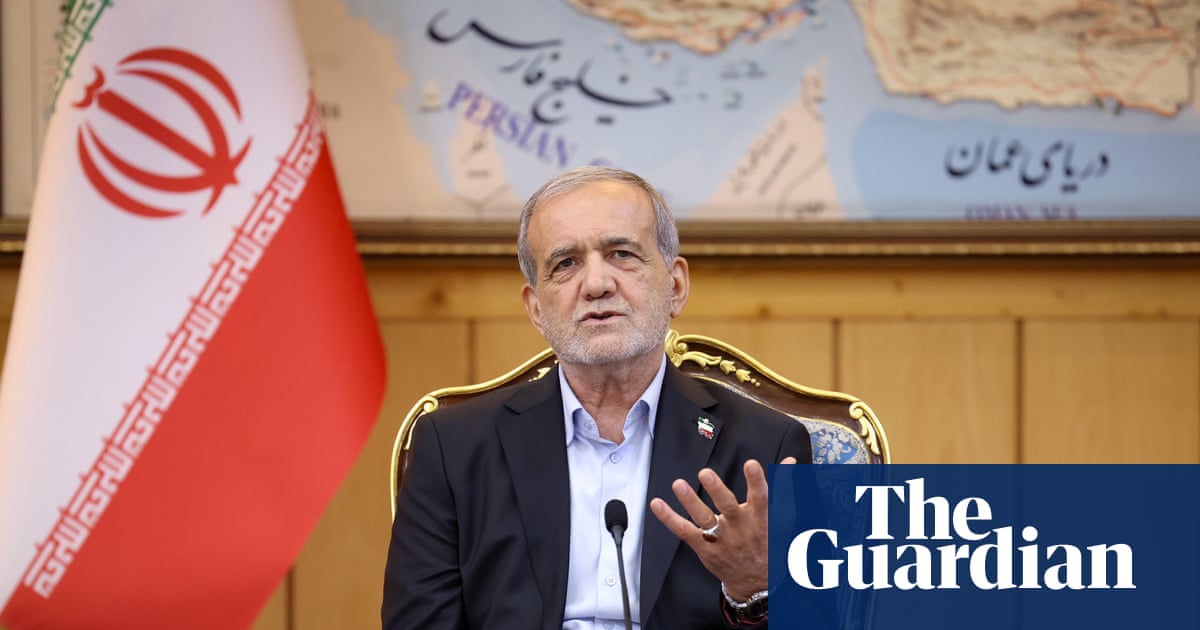UN Sanctions on Iran Snap Back Into Effect as Nuclear Diplomacy Fails
UN Sanctions on Iran Snap Back Into Effect as Nuclear Diplomacy Fails

Sweeping United Nations sanctions against Iran have officially come back into force, marking the first such reinstatement in a decade. The measures took effect late Saturday into Sunday GMT, following the collapse of last-ditch nuclear negotiations between Tehran and western powers.
The renewed sanctions, triggered three months after reported Israeli and US strikes on Iranian facilities, specifically target Tehran’s nuclear and ballistic missile programs. Experts anticipate a broader detrimental impact on Iran’s already struggling economy, with initial signs of currency depreciation and rising prices already reported within the country.
Despite the resumption of sanctions, European and US diplomats have emphasized that diplomatic avenues remain open. US Secretary of State Marco Rubio urged Iran to engage in “direct talks, held in good faith” and called on all UN member states to enforce the sanctions immediately. Similarly, the foreign ministers of Britain, France, and Germany issued a joint statement, reiterating their commitment to finding “a new diplomatic solution to ensure Iran never gets a nuclear weapon” and warning Tehran against any escalatory actions.
Iran, which has permitted UN inspectors back into its nuclear sites, saw its President Masoud Pezeshkian reject a US proposal offering only a brief reprieve in exchange for its entire enriched uranium stockpile, deeming it unacceptable. An attempt by Iran’s allies, Russia and China, to delay the sanctions until April failed to secure enough votes in the Security Council on Friday, paving the way for the measures’ implementation.
Germany, alongside the UK and France, initiated the snapback of sanctions, with Foreign Minister Johann Wadephul stating they had “no choice” given Iran’s non-compliance. Russia, however, has declared it will not enforce the sanctions, with Foreign Minister Sergei Lavrov criticizing the West’s alleged “sabotaging” of constructive solutions and “blackmail” tactics.
The “snapback” mechanism revives measures initially frozen in 2015 under the nuclear deal negotiated by former US President Barack Obama. While the US had already imposed extensive unilateral sanctions after Donald Trump withdrew from the deal, the UN’s collective action is expected to compound economic pressures on Iran, which has consistently denied seeking nuclear weapons.
Disclaimer: This content is aggregated from public sources online. Please verify information independently. If you believe your rights have been infringed, contact us for removal.